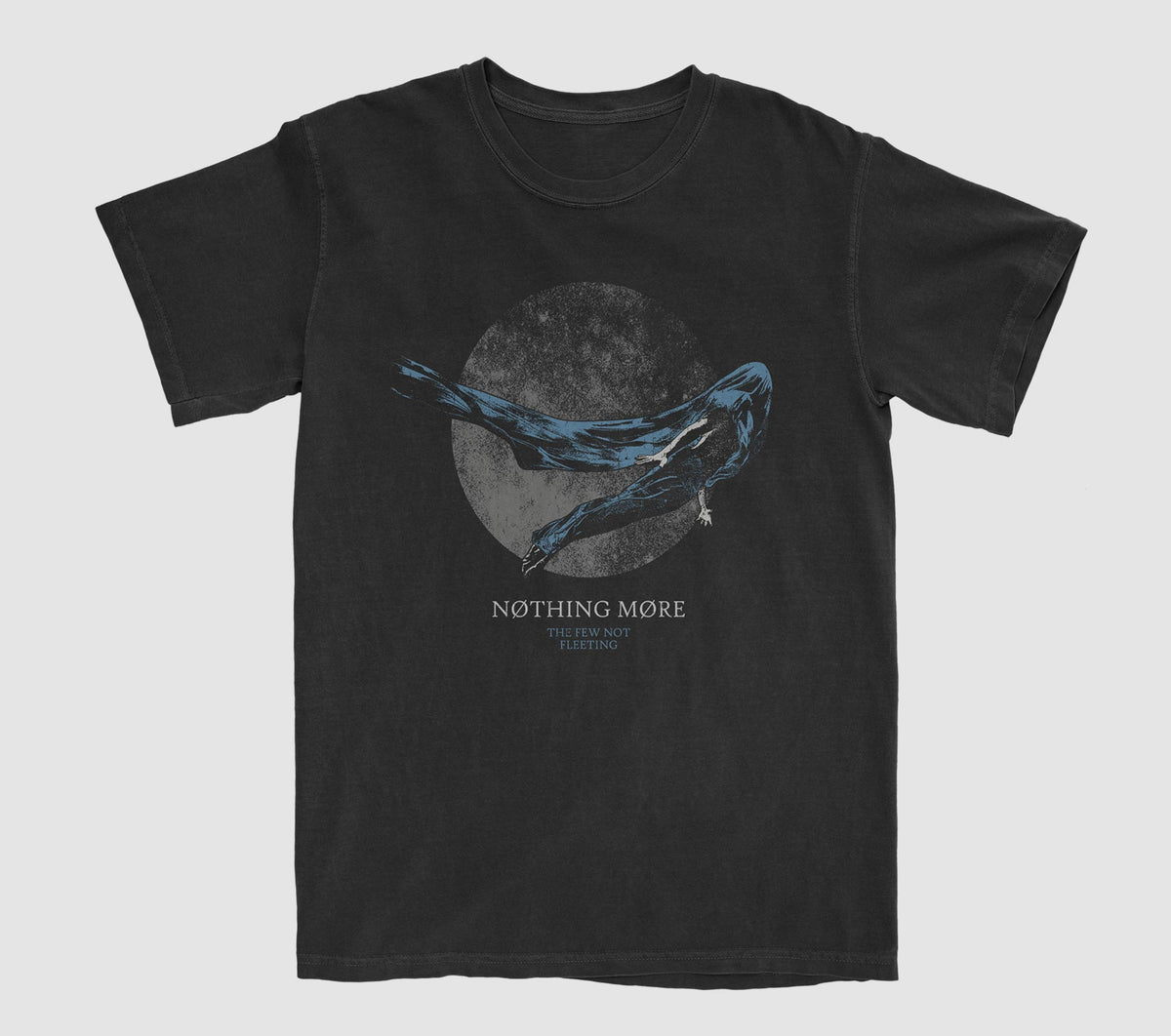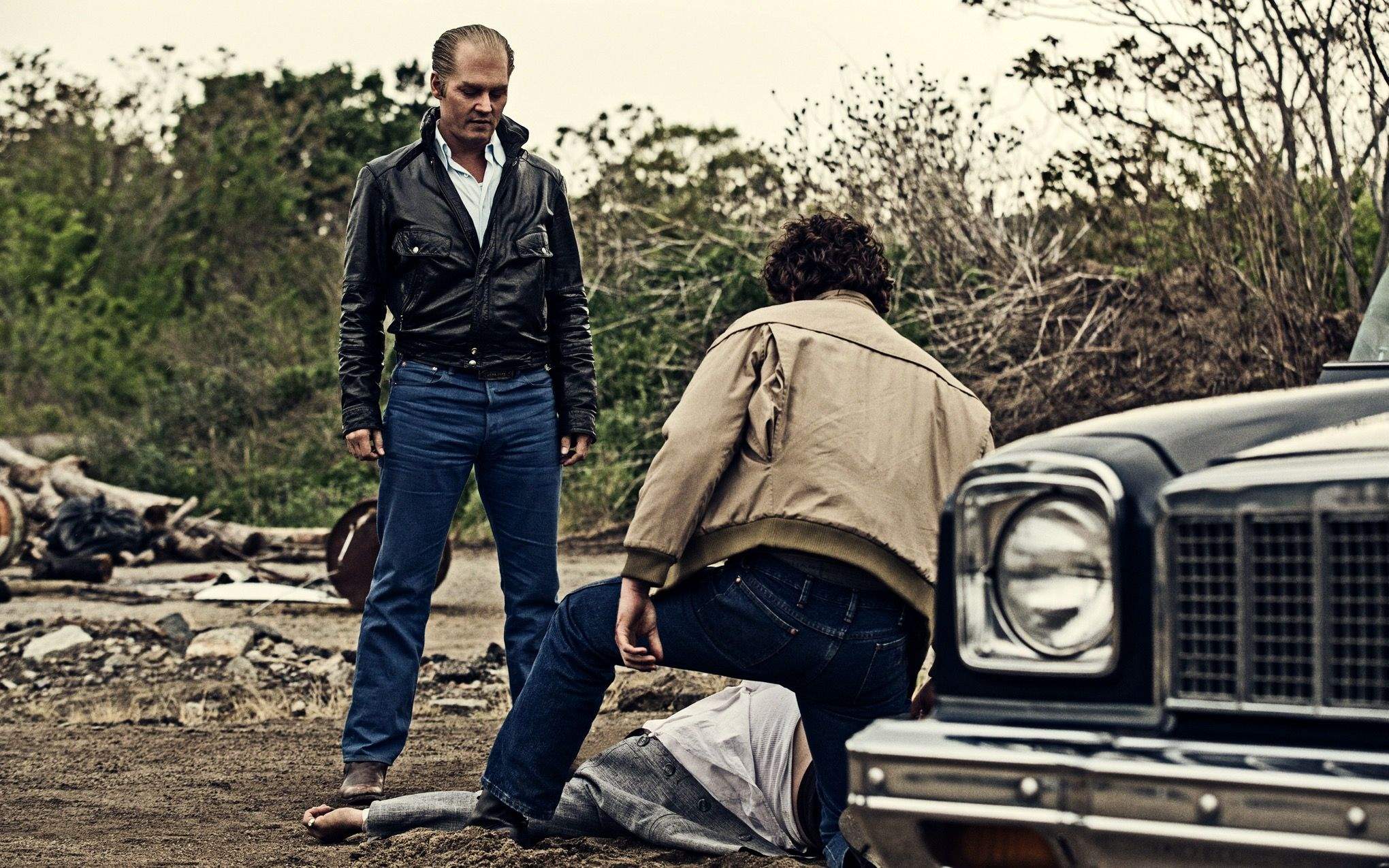
It's mostly about how long the pain lasts. What is the difference between proctalgia fugax and levator ani syndrome? It seems to be more common in people who have IBS, and in people who have anxiety symptoms. In some people, it starts after an operation - for example, an injection for piles, or after a hysterectomy. Most of the time it is not obvious what has set it off. The muscles here are very strong, as these are the muscles you use to hold your poo in, or relax to let the poo out. It is believed to be due to spasms of the muscles of the anus. What causes proctalgia fugax and levator ani syndrome? This leaflet is mainly about these two conditions. They are a "diagnosis of exclusion", meaning there is no specific test for them, and that all other possible causes must be ruled out first. The conditions proctalgia fugax and levator ani syndrome are what is left when all these causes have been ruled out.

Crohn's disease and ulcerative colitis.Again, usually you can see a blister or blistery rash. Other STIs such as herpes can also cause a pain in this area. These are a sexually transmitted infection (STI) and if you have them you can usually see or feel small bumps around the anus. It is much less common than other causes of anal pain. You may have blood on your underwear or mixed with your poo. It is usually a more constant pain, and may be worse when you poo. Cancer of the anus or rectum can cause pain. The pain is much worse when you do a poo, and there may be some blood when you poo.


#Nothing more the few not fleeting skin
This is a split in the skin around the anus, usually caused by passing a hard poo. If this is the case, you may be able to feel a tender lump. These are a common cause of anal pain, particularly when one of the piles gets a blood clot in it (a thrombosed haemorrhoid). In most of these an abnormality is seen or felt on examination or investigation. There are many conditions which can cause a pain in the bottom area. The anal canal is the short tube just above and leads to the rectum just above it. Your anus is the very end of your gut, and where it opens out on your bottom.


 0 kommentar(er)
0 kommentar(er)
